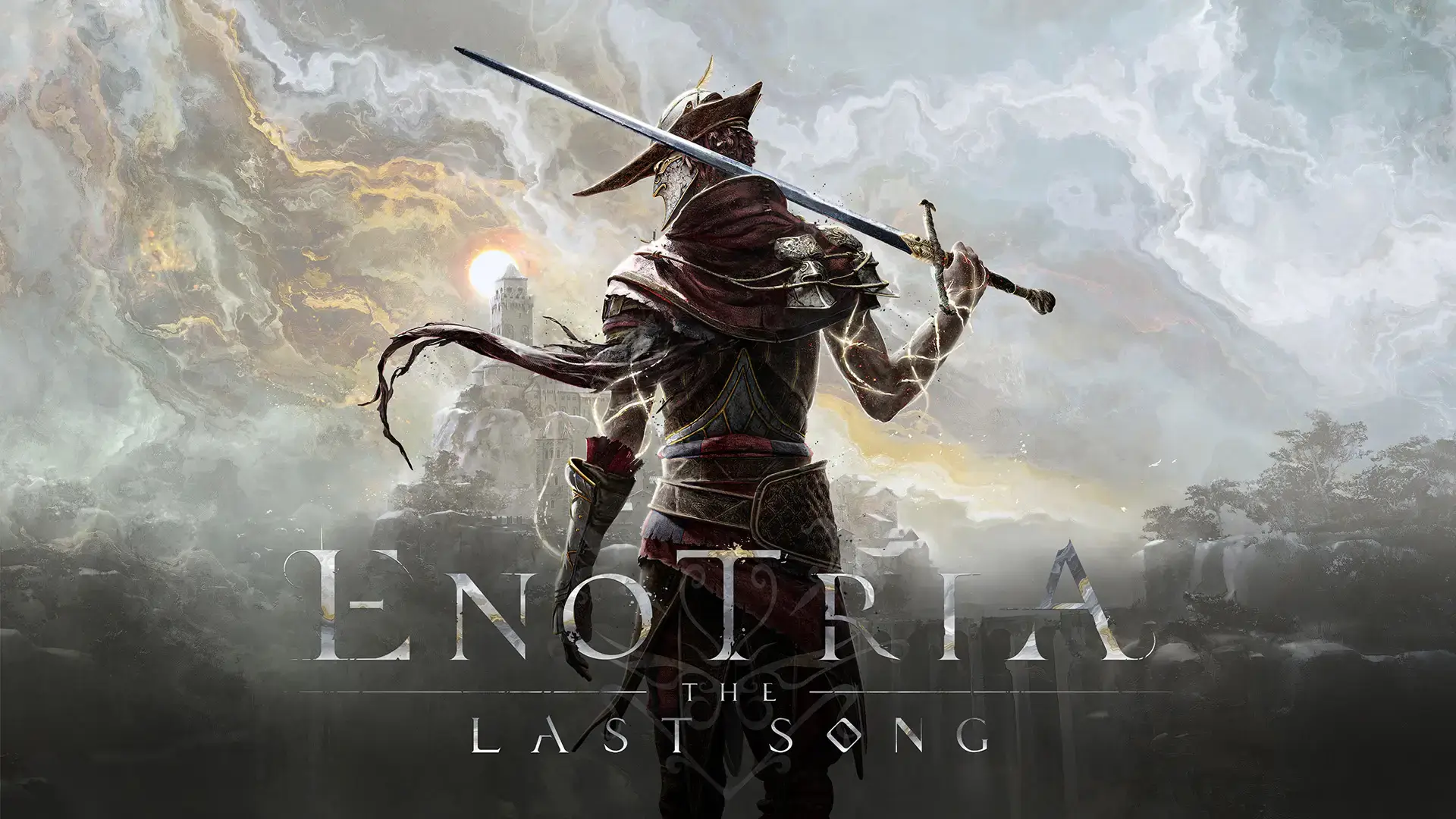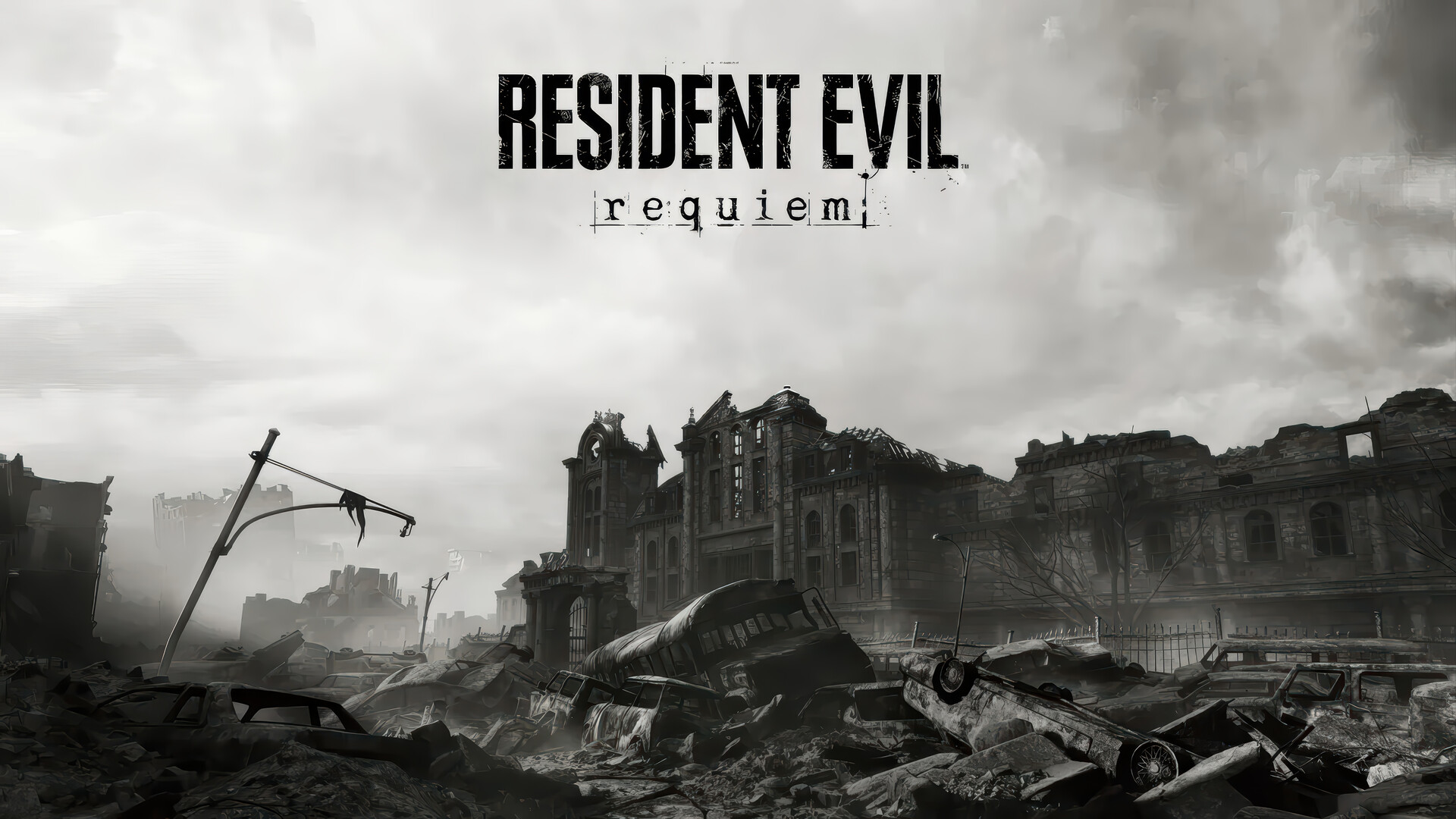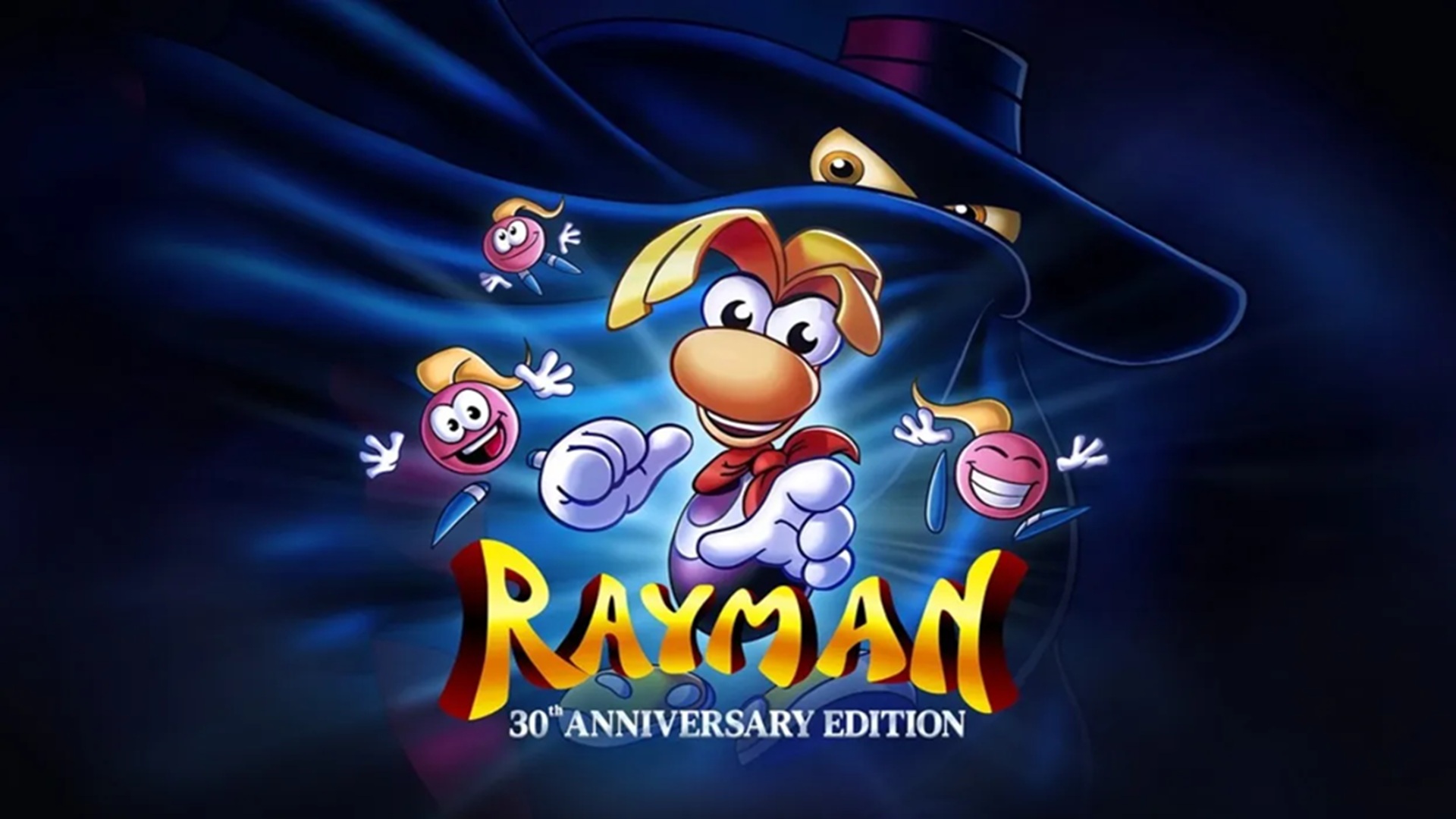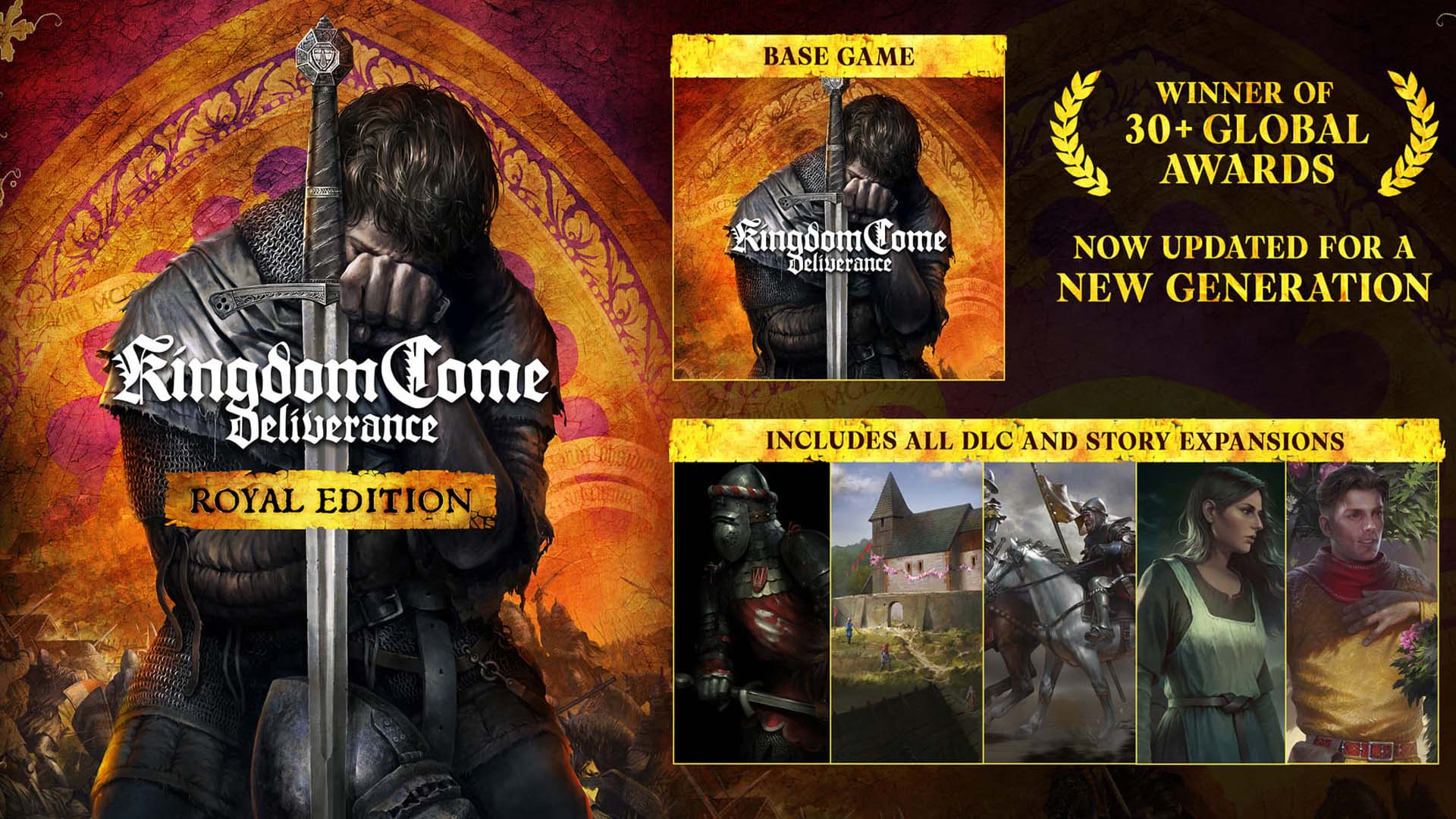Inspired by Italian culture and soulslike, Enotria presents itself as a journey full of danger, masks and tactical decisions. A beautiful and poisoned world at the same time.
Take a look at these other reviews
- Review of Resident Evil Requiem – Returning to Raccoon City has never been so unsettling
- Review of Rayman 30th Anniversary Edition – A good tribute that could have aimed higher
- Review of Kingdom Come: Deliverance NextGen Update – The definitive return to medieval Bohemia
| Don't miss anything and follow us on Google News! |
After several delays and a previous demo that left mixed feelings, Enotria: The Last Song has finally arrived in its definitive version. And it does so with a proposal that combines clear influences from Dark Souls and Sekiro, but with a much more luminous and Mediterranean visual identity. We’ve played it for over 20 hours and can say it without beating around the bush: Enotria is a pleasant surprise, although it won’t make things easy for you.
There’s no room for contemplative strolls here. Every corner holds well-placed enemies, alternative routes, and challenges that punish the inattentive player. But the best part of the game is how it adapts its mechanics to this world of masks, deception, and decision-making.
Technical Section
On Xbox Series X, the game runs fairly stably, although not without some ups and downs. In open areas and intense combat, it maintains 60 FPS in performance mode, although we’ve noticed some occasional drops when using abilities or switching masks quickly. In quality mode, the frame rate is less fluid, but the lighting and shadows improve significantly.
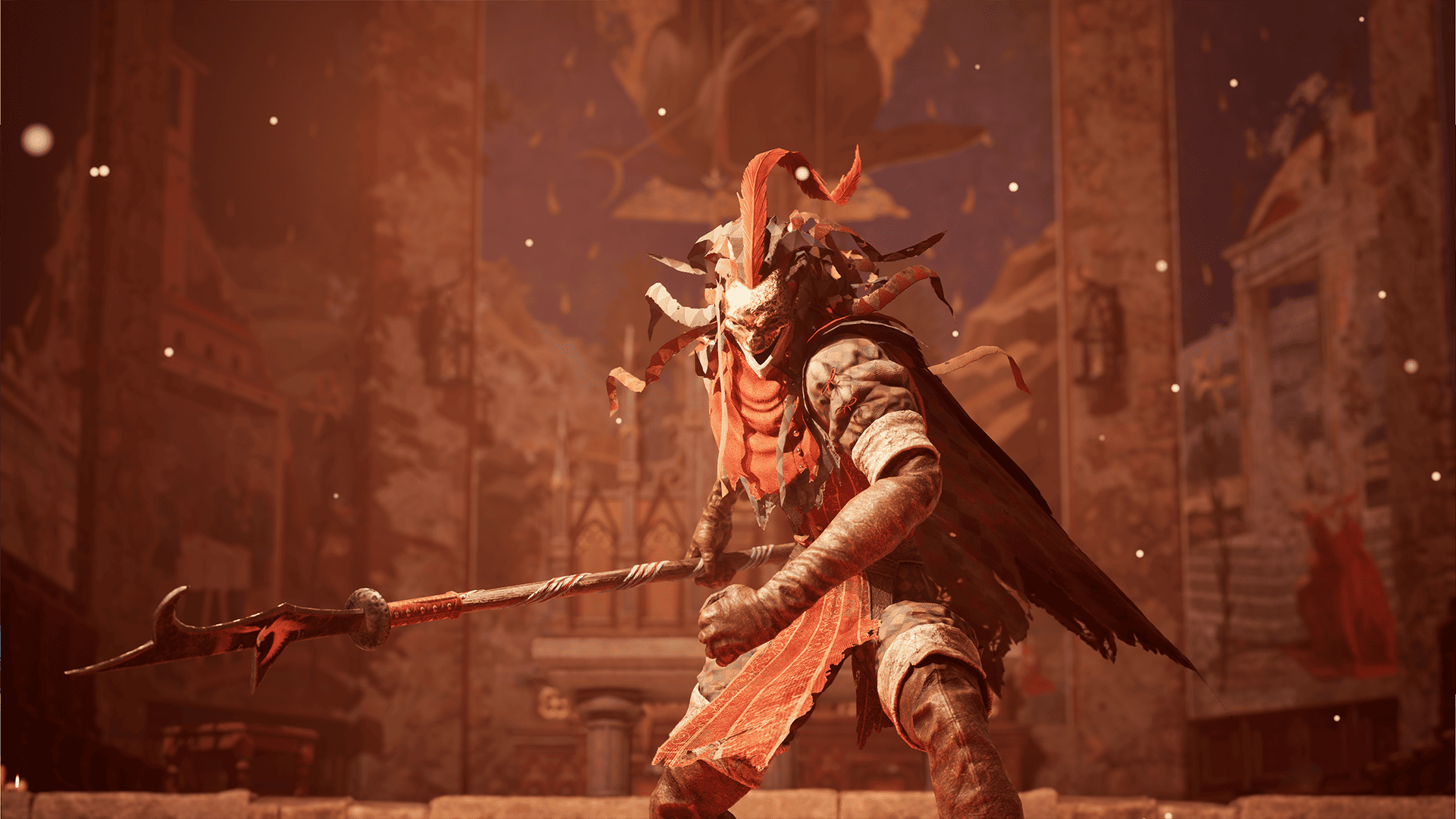
Visually, it’s one of the game’s strong points. The artistic design is very careful, with scenarios that mix Italian folklore with a decadent baroque style. The armor, enemies, and environments are full of detail, although it’s noticeable that it’s a title with a more contained budget compared to genre references.
The dubbing is only in English, but the texts and menus are completely translated into Spanish. The localization is correct, without serious errors, although some mask or ability names could have been better adapted.
Gameplay
The playable structure follows the bases of the soulslike, but with some interesting differences. Instead of fixed classes, the system is built around masks, objects that change our statistics, abilities, and playstyle. You can wear up to three and switch between them in real-time, which gives a lot of gameplay when adapting to the type of enemy or situation.
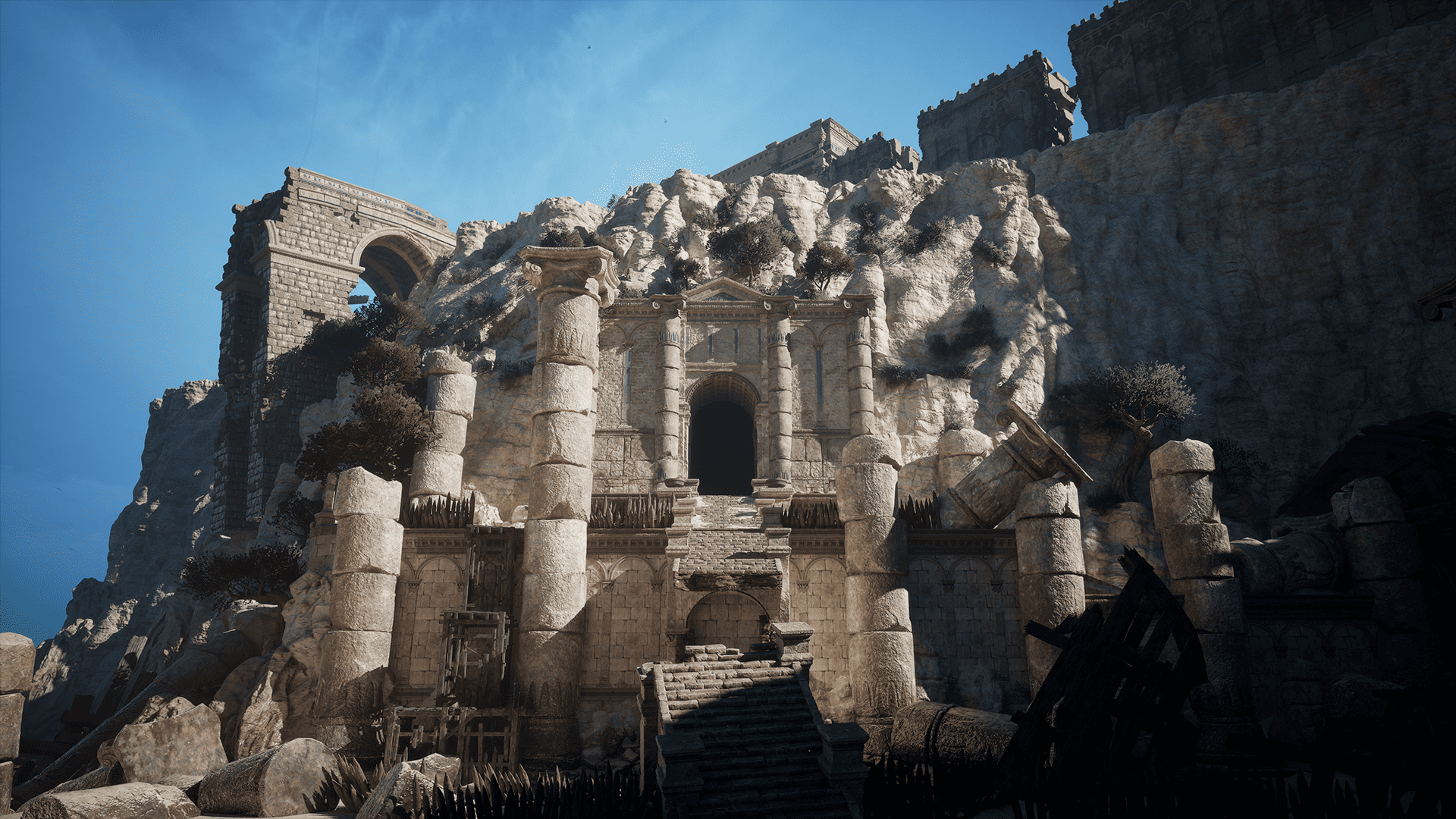
This mechanic shines especially in boss battles, where switching from an agile role to a more defensive one with a single button can make a difference. Masks not only define style, but also the way you approach each area: there are hidden paths, traps, and mechanics associated with certain masks that unlock shortcuts or secrets.
In terms of difficulty, the game doesn’t reach the level of demand of a Lies of P or Sekiro, but it’s not a walk either. It has a parry system that works well, although it’s not as precise as it should be. Some enemies abuse extended animations and sharp turns, which can be frustrating until you internalize their patterns.
The most notable thing is how exploration feels alive: there are bifurcations, shortcuts, hidden objects that really reward the curious player, and an upgrade system that branches out from masks instead of linear progression.
Duration
The main campaign has lasted us around 20 hours in a first round, without seeking 100%. The areas are not enormous, but they’re well-connected and full of secrets. To this, you have to add the multiple possible mask configurations, which invites you to replay certain areas with another approach.
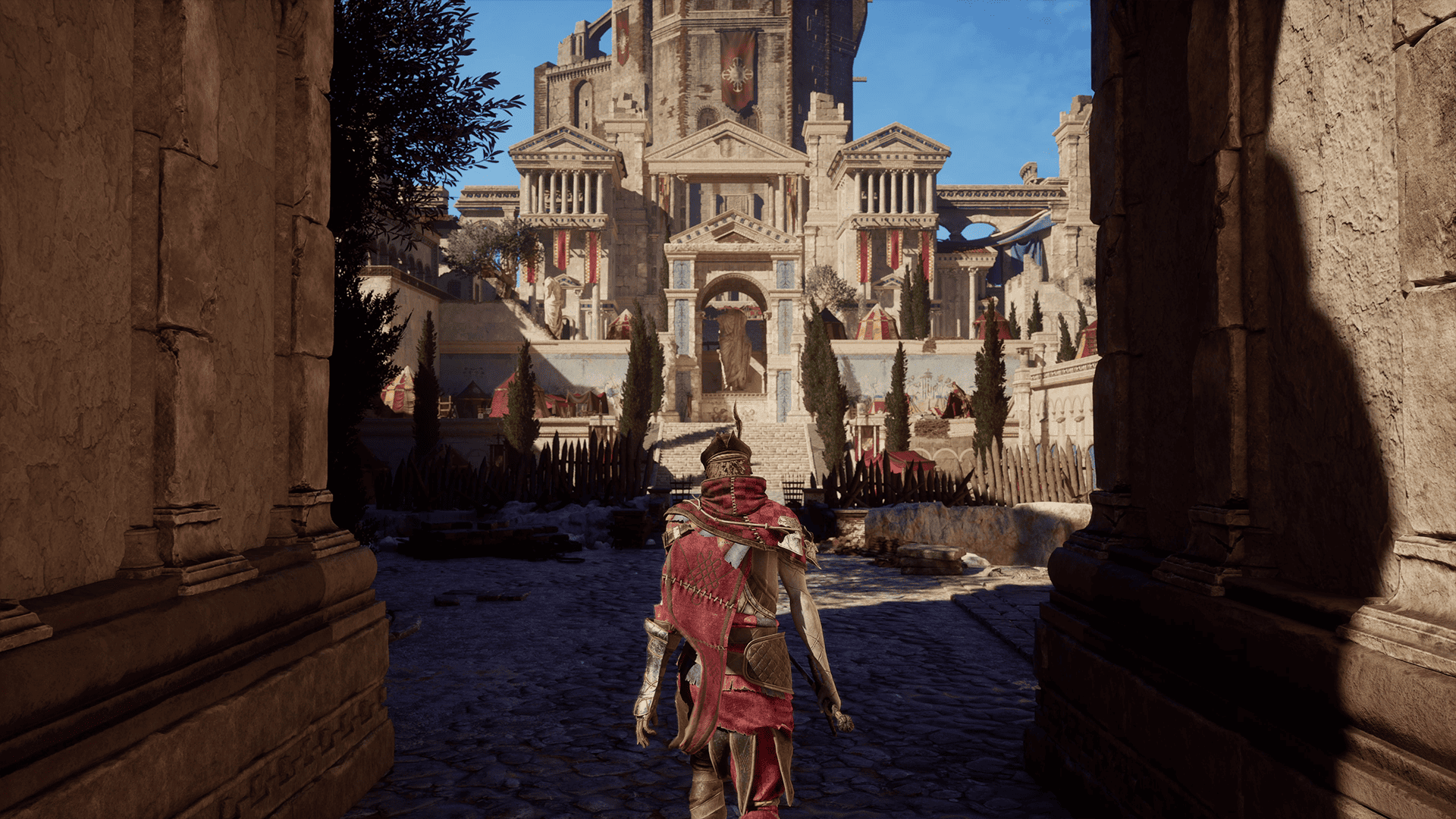
Additionally, the game includes additional challenges after the end, new enemy variants, and the possibility of repeating battles with tougher settings, which extends its useful life for those who enjoy constant challenge.
There’s no multiplayer or co-op, but it’s not missed either: Enotria bets on a solitary experience, centered on the world, combat, and tactical decision-making.
Conclusion
Enotria: The Last Song doesn’t pretend to revolutionize the genre, but it does bring its own personality. Its mask system, its different setting, and the way it rewards exploration make it stand out among independent soulslike. It has room for improvement in technical polish and enemy balancing, but as a definitive version, it offers just what it promised: a dense, demanding, and rewarding adventure.
For genre fans, it’s a recommended journey. And for those who are attracted to the artistic, its visual style and setting can be reason enough to give it a chance.



